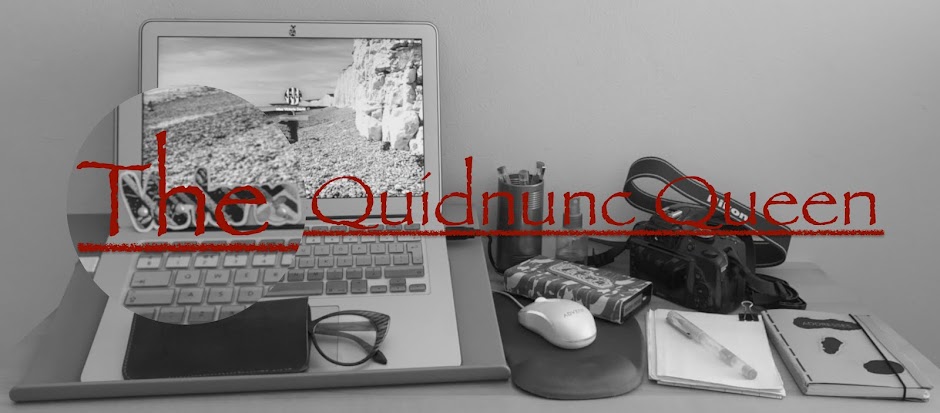I am very thankful to the beautiful owners of Lazer
as they allowed me to feature him on my defunct blog. I don't
know much about Siberian Husky's ancestry but the woman sent me an e-mail
that explains their role to the Chuckchies. The e-mail also broadens my
understanding why they were very important to man many years ago.
The brief history was sent by the woman and I made a few alterations.
The Siberian Husky was first bred by the Chuckchies, a nomadic people on the extreme North-East of Asia. They lived in a desolate region of Siberia, where they experienced a very tough conditions. This nomadic tribe survived by hunting livestock as a food source. The Siberian Huskies helped them in hunting and also in pulling sled for trading purposes.
The Siberian Husky was first bred by the Chuckchies, a nomadic people on the extreme North-East of Asia. They lived in a desolate region of Siberia, where they experienced a very tough conditions. This nomadic tribe survived by hunting livestock as a food source. The Siberian Huskies helped them in hunting and also in pulling sled for trading purposes.
Despite
of the poor conditions, the tribe and their dogs developed a strong
friendly companionship to one another . This camaraderie provided them
the tolerance on how to survive life with less food sources and on how
to handle a lot of extreme work.
During
the dogs' breeding season, the Chuckchies applied a strict demeanour in
them. This attitude of them for dogs was exercised to produce and
develop tolerant, quiet, friendly and tough puppies.
In
1925, the Siberian Husky helped man in fighting a diphtheria epidemic.
They were used to travel a 674 miles journey just to acquire the 'serum'
(antitoxin). The journey that was usually travelled in 25 days was made
fast by the Huskies in just a week.
The
heroic action was delivered by Gunnar Kaasen and the dogs was led by
Balto (A Siberian Husky Sled Dog). Their heroism is a description of
Endurance, Fidelity and Intelligence. In memory of the Huskies, a statue
of honour for Balto is displayed in New York's Central Park.
The
robust behaviour of the Siberian Huskies had contributed to the
wipe-out of diphtheria in 1925 and for this reason they are called 'sled
dogs'.
*Photo courtesy of www.rcinet.ca



No comments:
Post a Comment